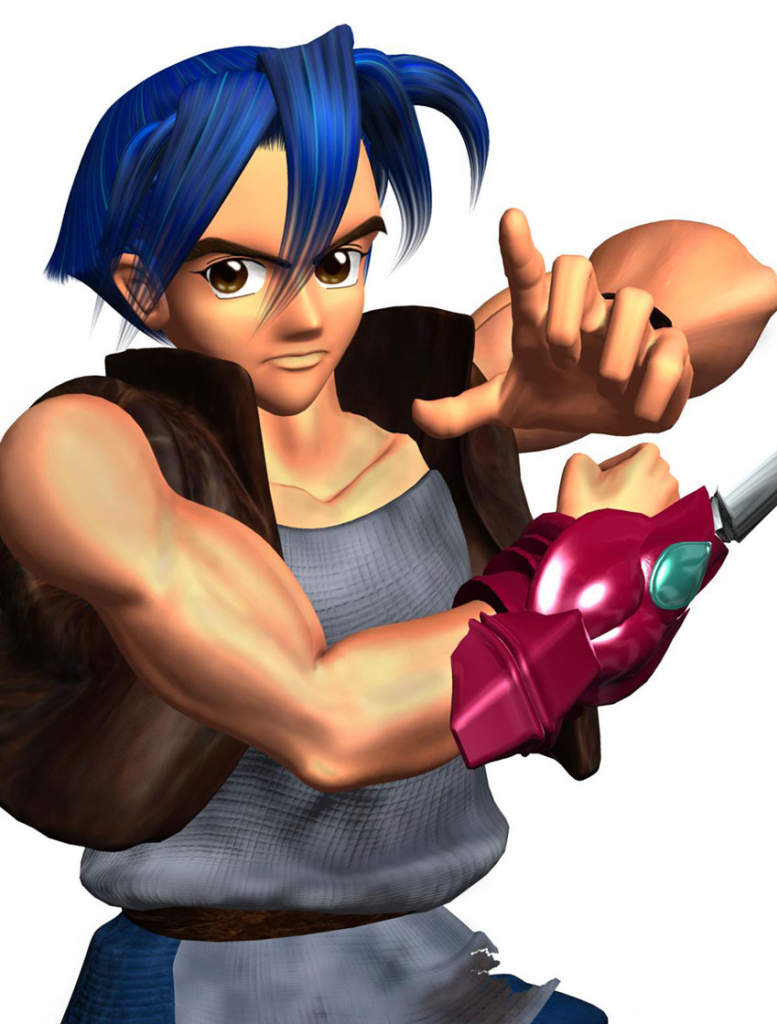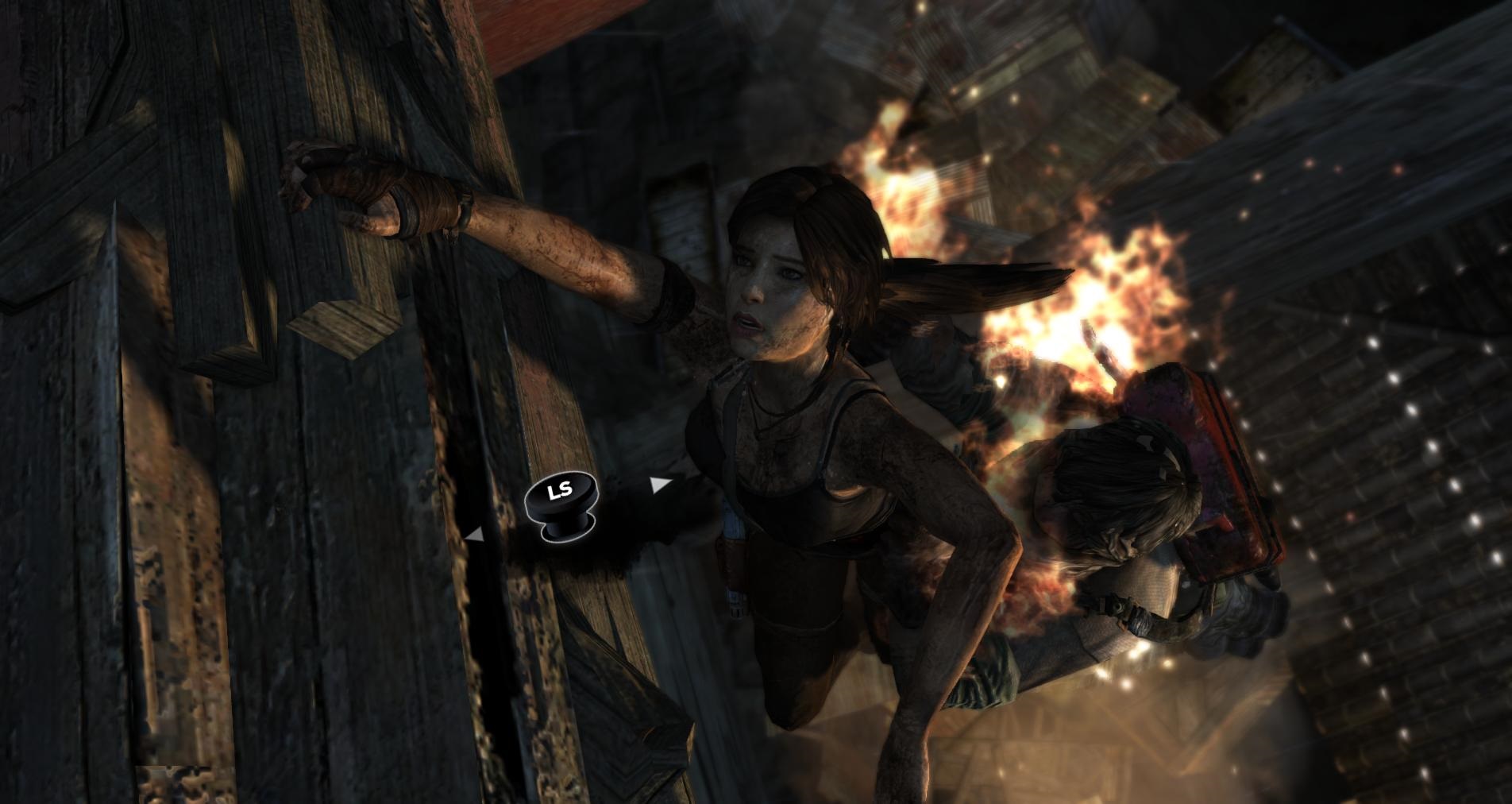I love the first Dead Space. By now, the Dead Space series has made a big name for itself and spanned three installments with some games and literature on the side. But before the brand took off, there was just the one really ambitious title. Dead Space has great atmosphere, looks incredible, employs creative enemy designs, and gives players a satisfying variety of weapons. It's also one of the definitive games that emerged from the boom of American-made horror titles in the late 2000s. Don't quote me on this, but I imagine the immense success of Capcom's Resident Evil 4 got that ball rolling.
There is one aspect of Dead Space that I think is vastly
understated even today. Later installments even did away with this precedent
that I thought was pretty important. I am of course talking about the fact that
protagonist Isaac Clarke never spoke. Everyone else carried conversations
naturally, but Isaac himself never got a spoken word in edgewise. The game
covers for this by having all the conversations scripted in ways that don't
require Isaac's input.
The silent protagonist in video games has been around
since video games themselves. When the main character of a game lacks a voice,
it becomes easier for the player to project themselves in the character's place
to be more engaged in the game's settings and situations. Gamers most often
think of iconic silent characters such as Crono, Gordon Freeman, Link, and
other characters who never actually speak in written dialogue.
Vahn from Legend of Legaia is my obscure silent protagonist of choice
However, are these characters really silent? These silent
characters clearly communicate through the course of their games. For instance,
a character's dialogue with the main character will come off as a conversation
with him or herself. "May I help you? Oh, you want the water gem? I can't
give it to you unless you slay the dragon. You'll do it?" In Mario and
Luigi: Superstar Saga, the plumbers have dedicated animations for when they
speak. Even though their words come out as a string of comical gibberish, they
clearly hold functional conversations with the other characters of the game
world. There are games out there where the main characters don't communicate,
but I feel this has the most impact in Dead Space.
Let's examine the situation: In Dead Space, Isaac is
stranded in a derelict space vessel that is infested with horrifying monsters.
He is not entirely alone since he maintains contact with two colleagues, Kendra
and Hammond. While Isaac braves the depths of the USG Ishimura, Kendra and
Hammond remain in relative safety while they figure out what's wrong with the
ship and how to escape their predicament. For most of the game, everything
Isaac does is not his idea. He simply moves from order to order issued to him
by other people.
Further, the game is scripted and acted in a way that
Isaac's silence just feels natural. The way the characters interact with him,
you get the impression that they are used to carrying a conversation with
Isaac. Instead of Isaac simply being slapped with the stigma of silence for
effect, that may just be part of his character to be soft-spoken, if spoken at
all. All of this, combined with the way he moves like a civilian, has Isaac
strike me as an introvert. Quiet, maybe a little awkward, evasive but not
reclusive, and generally a softer personality type than what Western media
typically offers.
A great documentary going into the thought process of using a nonstandard hero.
Given this, your first impression of Isaac may be that he
is a weak character. In fact, his situation could be downright insulting. One
of the first things that happens in the game is Hammond ordering you to hack
open a door with about as much enthusiasm as turning a doorknob. If you were in
a bad mood, you might have felt that your character's life skills and expertise
were being marginalized by his role.
You know what, you'd be right. Despite the fierce
appearance of Isaac's protective suit, he never struck me as a person of action
in the initial minutes of the game. It served as a great contrast for when as
the game escalated, we'd see this character forced to rise to the situation.
And even though Isaac doesn't talk, that doesn't mean he
can't think or feel. He feels terror plenty. Any time he takes damage or worse,
you can hear his muffled cries of pain and fright through his helmet. Should
you fall prey to one of the game's gruesome death scenes, you'll hear just what
Isaac feels about the situation. I absolutely loved this aspect of the game
since the muffled cries invoked a claustrophobic feeling because the character
couldn't be heard properly. It goes to show that Isaac's silence becomes a
source of strength since he maintains it in a hostile environment. Silence both
of word and emotions. He is plenty scared, but isn't letting it affect his
ability to do something about it.
The second way Isaac expresses himself is through his
personal log. Though it's mostly a game mechanic to remind the player of what
they're supposed to be doing next, it's still written in Isaac's
"voice." The logs depict Isaac as rational, focused, nonjudgmental,
and given the situation, scared. He rarely writes anything personal about
others, unless it's a response to storyline developments. This limited exposure
allows us to see Isaac as the most level-headed person on the ship. He clearly
feels more confident in expressing himself with the written word above the
spoken word.
Watch the first minute. Seeing Isaac straighten his posture to fight this monster is my favorite moment.
The big payoff in all of this character analysis is
seeing Isaac get work done. Here we have this wallflower of a character and
he's the one destroying monsters, making repairs to the ship, and saving the
day. It's hard to appreciate this character development when it's actually us,
the players, doing the real work. We're more inclined to celebrate our own
victories rather than keep our perspectives all within the game world.
Objectively speaking, Isaac can deliver. Though not very impressive as a
communicator, Isaac shows his strength of character through his actions. We
could have had a main character with all the vocalized confidence in the world
who could have done the same thing, but because our first impression of Isaac
was not as strong, that made his actions all the more meaningful.
The more I think about this and how organic of a
character Isaac Clarke is, the more I thought about how this translates to the
way we act and see others in the real world. I'll admit right here that I based
my vision of Isaac Clarke largely on my own introverted self. As I analyzed
Isaac and how his actions have meaning, I came to realize that I too benefit
from my actions. Whenever I come out of my shell to do something, it always
seems to grab attention. Conversations start, we keep in touch, and before I
know it I have new friends and acquaintances that I am comfortable enough
around to cut loose a bit more and approach.
Just like Isaac, we all have some area that we have our
strengths in, our proverbial "good sides," if you will. We just have
to figure out how to display this good side to others and use it as a gateway
to introduce those others to our beautiful personalities. This is why self-help
gurus often recommend volunteer work to help people find friends. The fact that
you are doing volunteer work shows your fellow volunteers and others that you
are the sort of person who does volunteer work. If you are artistic, find a
venue in which your work can be displayed for others to see. I'm doing that
right now by sharing this blog with all of you! And it has worked. I've met
some new people and hope to meet many more as I continue to write these posts.
Now, how about you? What is your "good side"
that you would love sharing with others as a way for them to get to know you?
Can you play sports well? Do you like movies? On the other side of this post,
which video game characters do you consider strong and well though-out? Maybe
you see a character different than most people do. Maybe your reasons for
liking a character are personal. I would love to hear all the varying responses
and reasons. Until then, game out.


